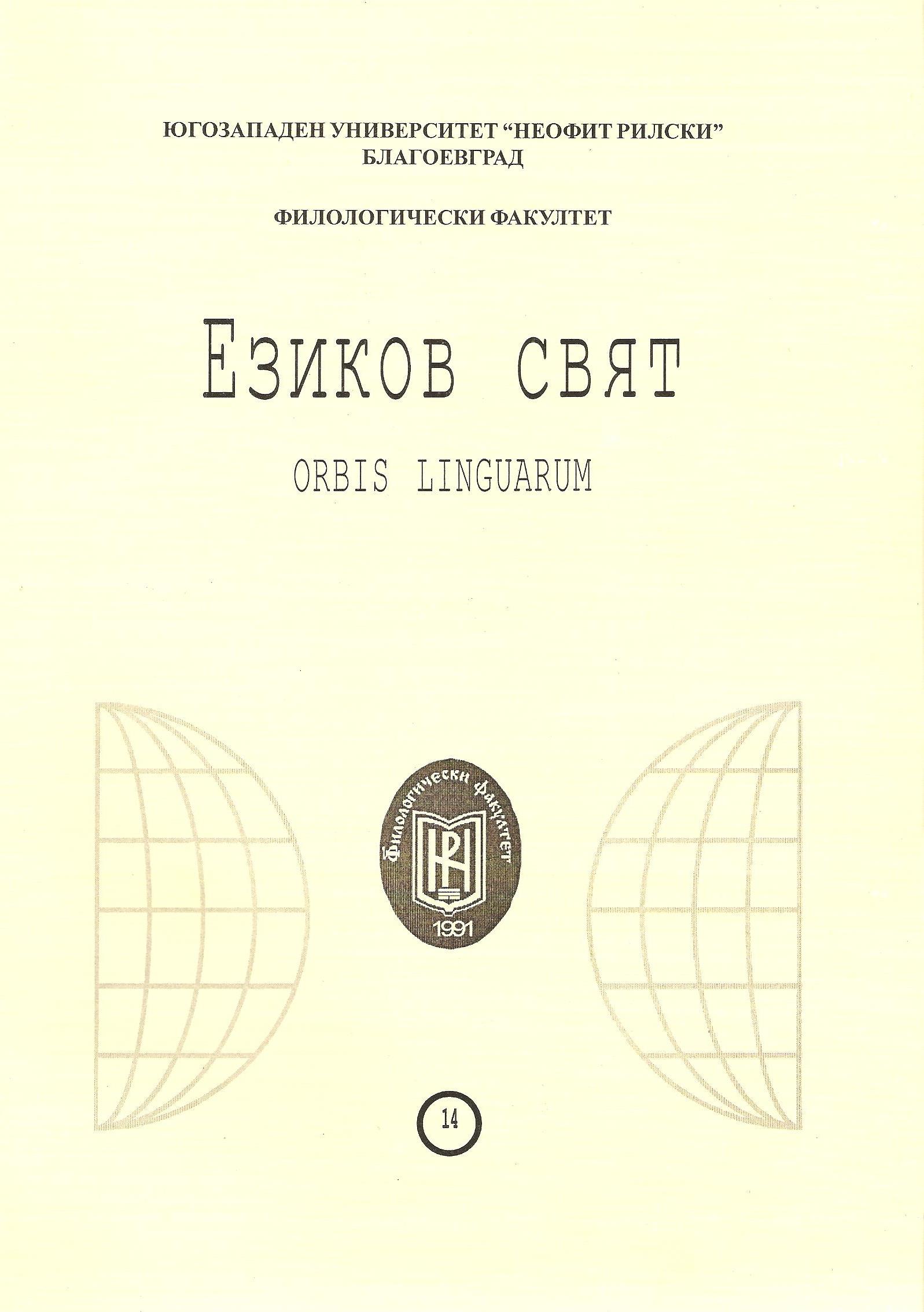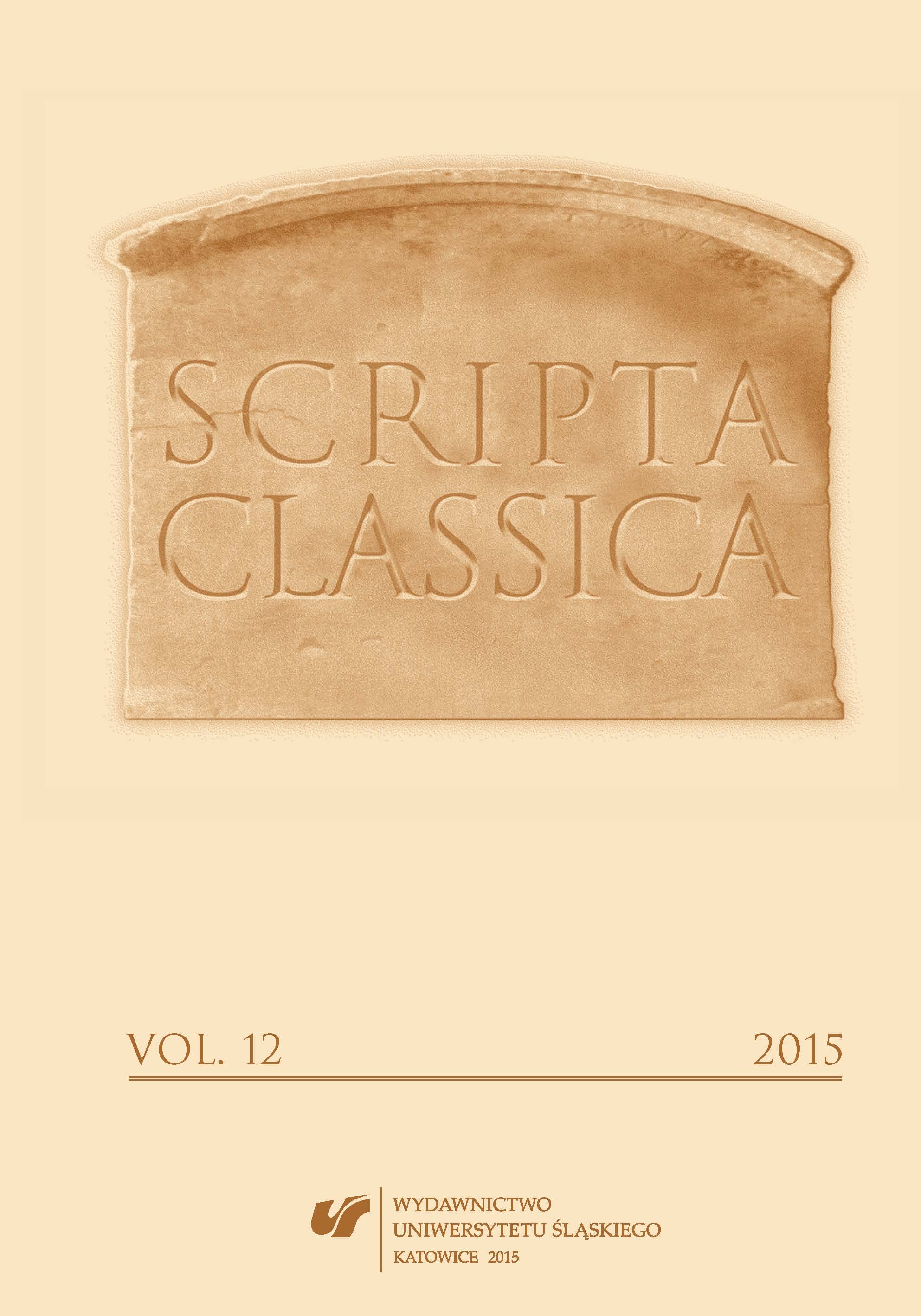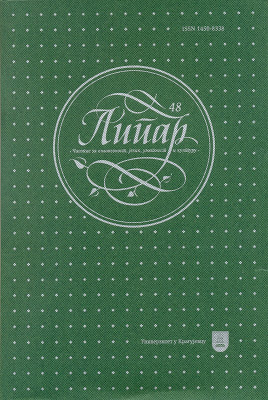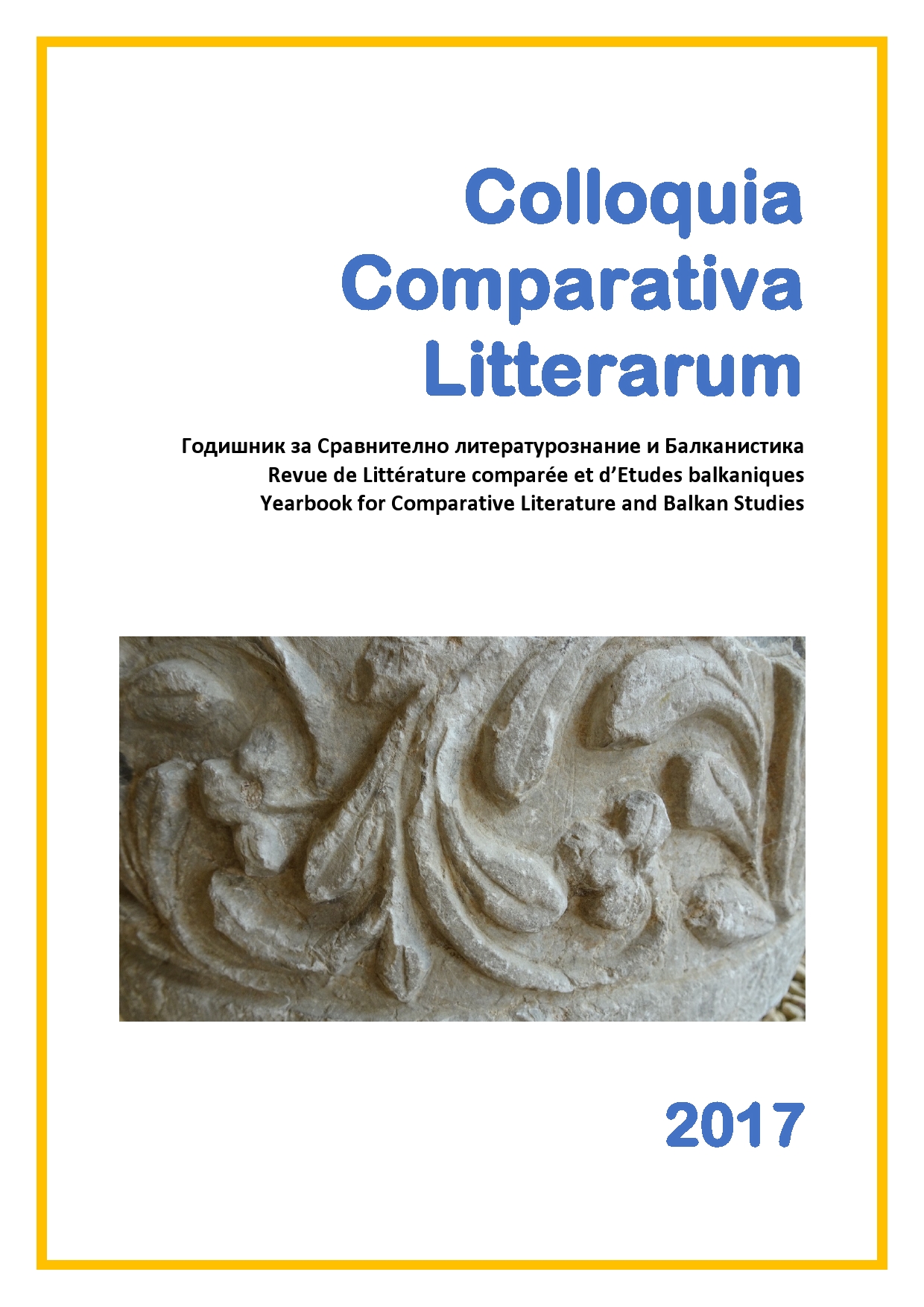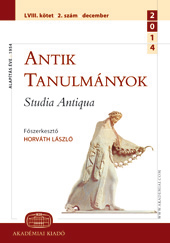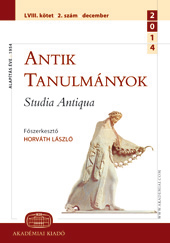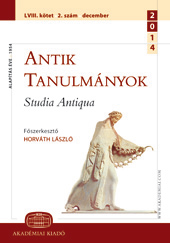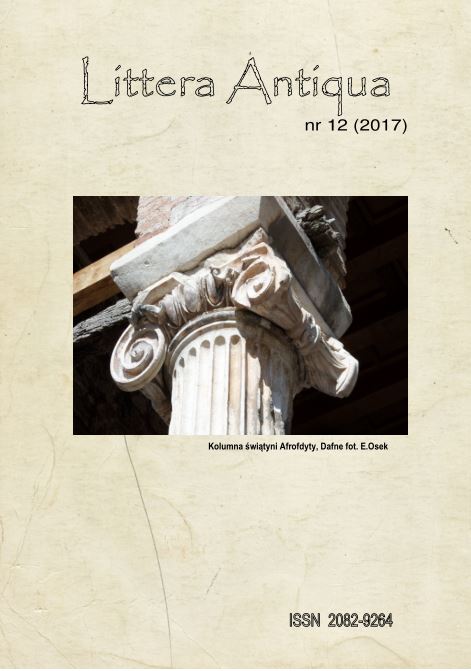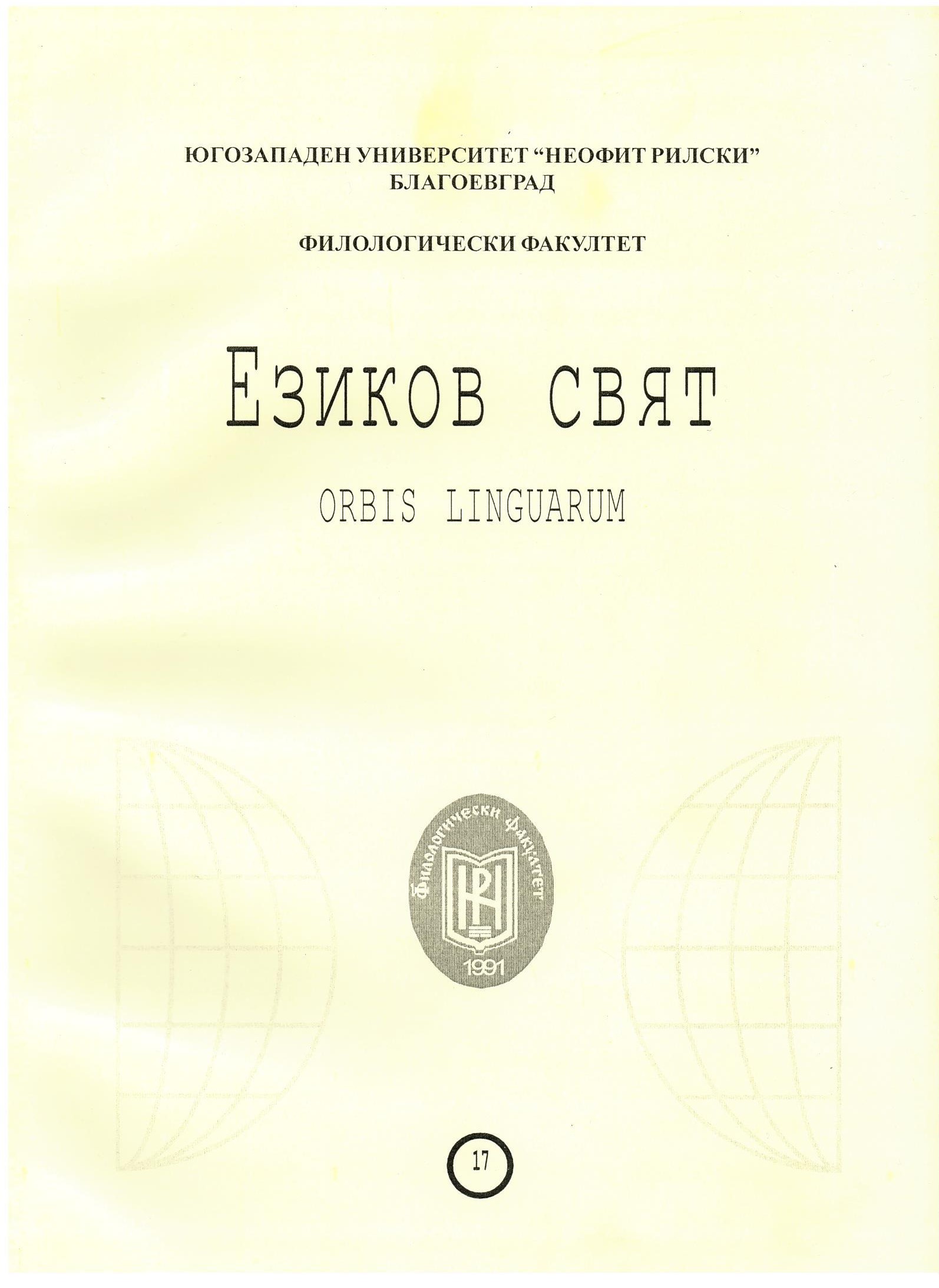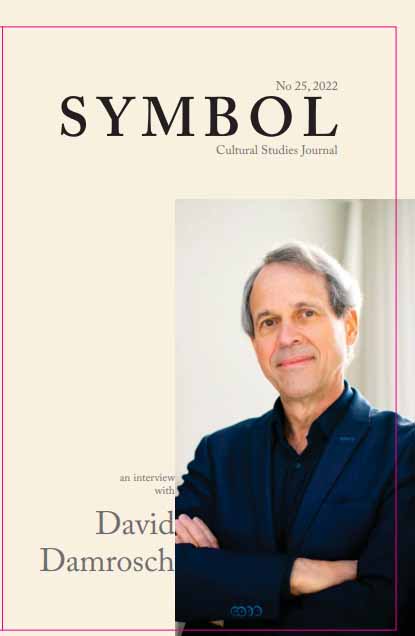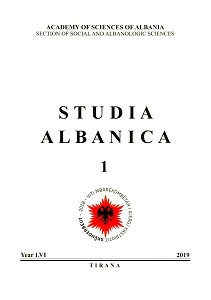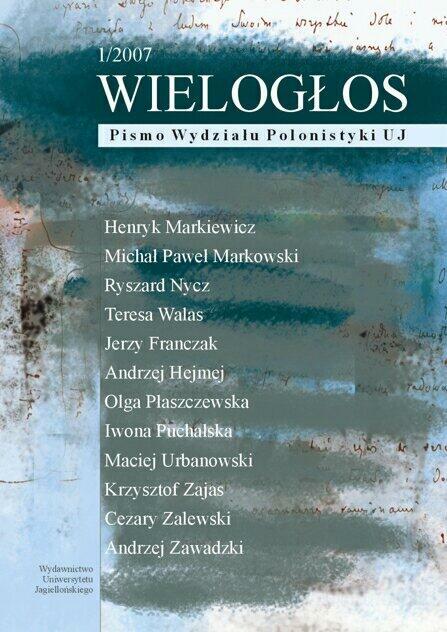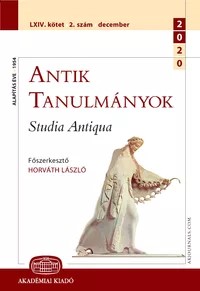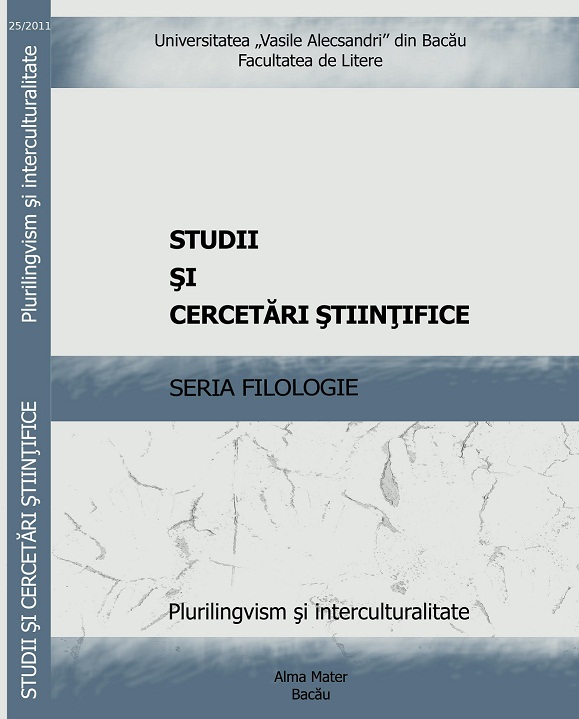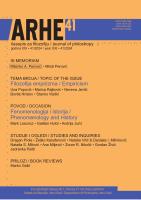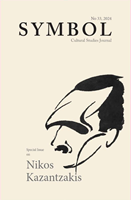Author(s): Leonora Hajra / Language(s): English
Issue: 25/2022
One of the founding postulates of postmodern poetry is intertextuality – the idea that every text communicates with pre-existing texts, and thus that at heart the author is in no way wholly innovative, but original merely in style, in the way in which they shape a particular work from its components. Bible lore offers a rich theological culture with thematic and characterological elements sufficiently fertile for the development of literature, and specifically what is termed second degree literature (intertext, hypertext, hypotext). Transformed by literary context, diverse parts of the Bible are instrumentalized to portray universal truths with mankind as transition through psychological and social dimensions.
The Last Temptation by Kazantzakis is a work that, having as its template the biography of Jesus as told by the four Evangelists of the New Testament (The Gospels according to Matthew, Mark, Luke and John), constructs a broad history of Jesus’ journey from youth to crucifixion as the Son of Man. Here the author demythologizes, rendering familiar, humane and twisted with vices and virtues a figure usually painted as untouchable – remaining suspended in the sublime details of churches and in the crevices of Christian souls. With fact and fiction interwoven, the work reveals a finely-drawn history of the Israelites, probing on the one hand religious identity, profaneness, class differences and the consequences of such distinctions, and on a broader psychological plane the conflict between dualist forces in mankind – good and evil, misanthropy and philanthropy, body and soul.
More...
